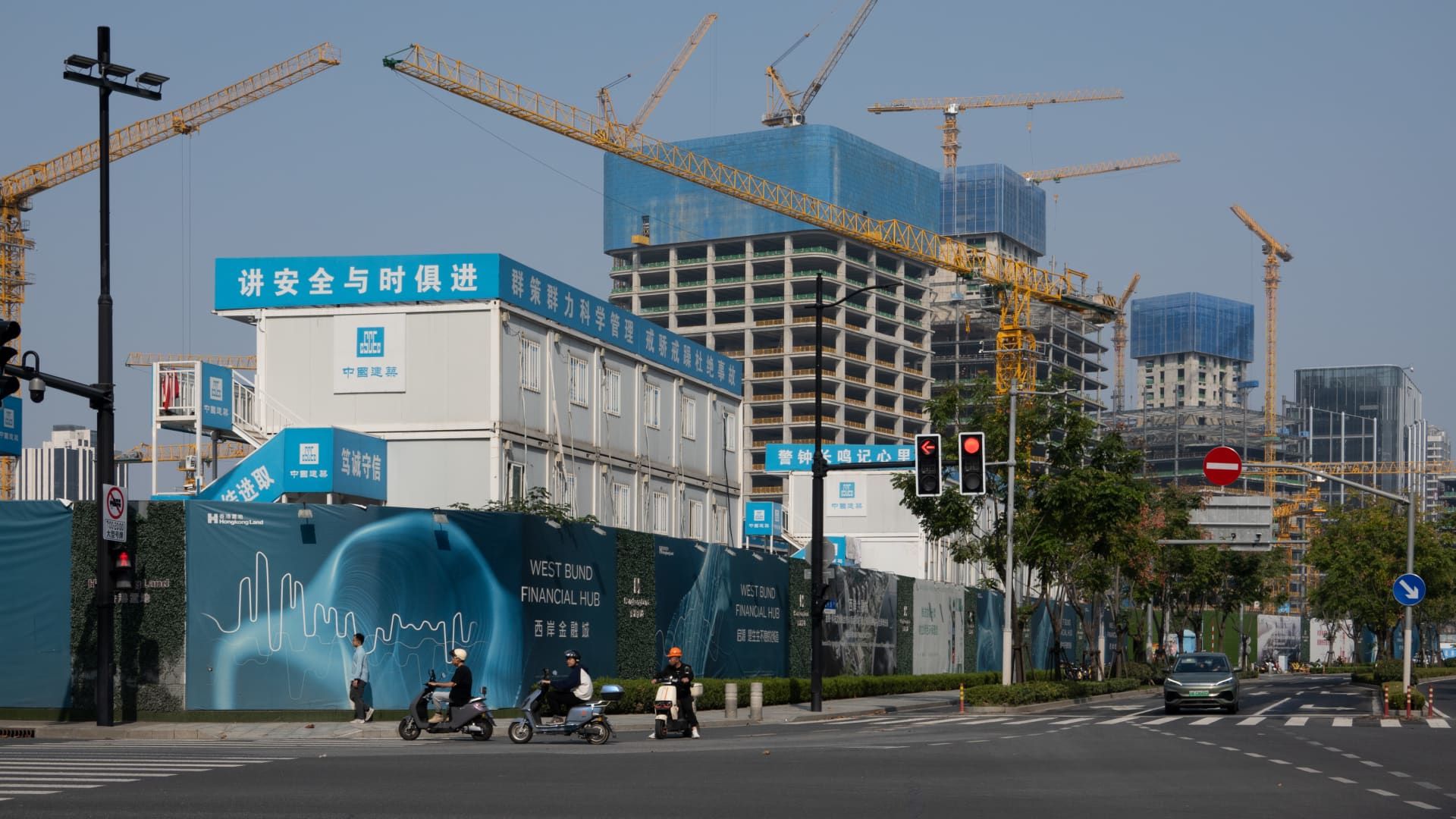China’s economy demonstrated a slight improvement for the first two months of the year, as per data released by the National Bureau of Statistics. Beijing has reiterated its intention to enhance domestic consumption. Retail sales increased by 4.0% in the January-February period compared to the same period last year, aligning with Reuters estimates. Industrial production rose by 5.9% in the first two months, faster than the 5.3% growth forecast by analysts. Fixed asset investment increased by 4.1%, surpassing economists’ expectations of 3.6%. The statistics agency credited the economic improvement to the sustained effects of several stimulus measures, while noting challenges such as a complex external environment, insufficient domestic demand, and operational difficulties for enterprises. Policymakers have unveiled a plan to stimulate domestic consumption, focusing on boosting residents’ income and household spending. Although lacking detailed implementation strategies, the plan indicates Beijing’s approach to addressing deep-seated issues like slowing income growth and insufficient social safety nets. China’s urban unemployment rate rose to 5.4% in February, the highest in two years. New home prices fell by 4.8% in February compared to the previous year, a smaller decline than January’s 5.0% drop. Investment in real estate development decreased by 9.8% year-on-year, reflecting policymakers’ efforts to support cash-strapped developers. Achieving the growth target of around 5% this year will be challenging due to rising trade tensions with the U.S. and deflationary pressures. Consumer price inflation fell below zero in February for the first time in over a year, prompting Beijing to revise down its annual inflation target to around 2%. Chinese leaders have pledged an additional 300 billion yuan in ultra-long special treasury bonds for consumer subsidy support. However, existing stimulus measures have not directly targeted consumers beyond trade-in programs. — news from CNBC
